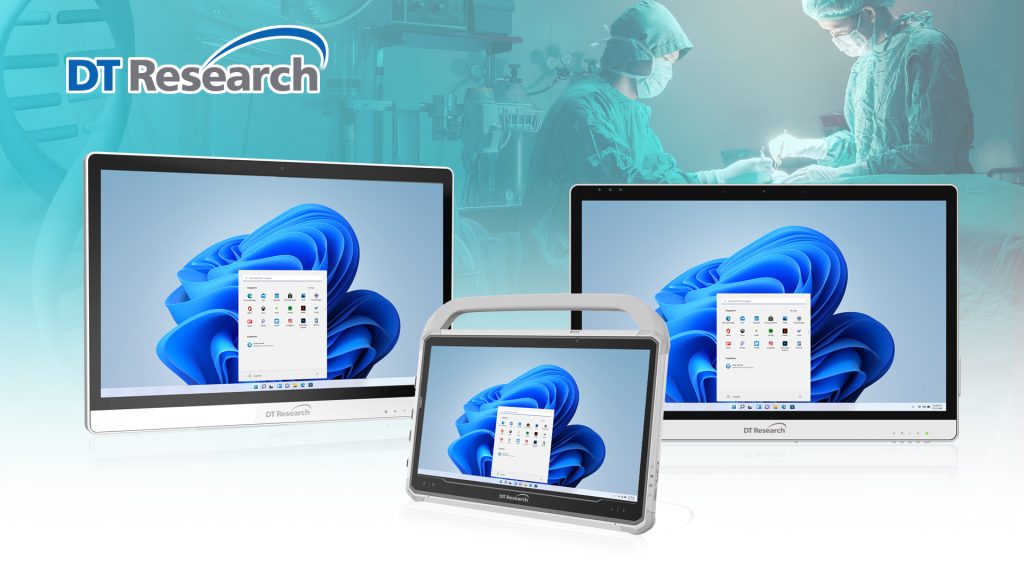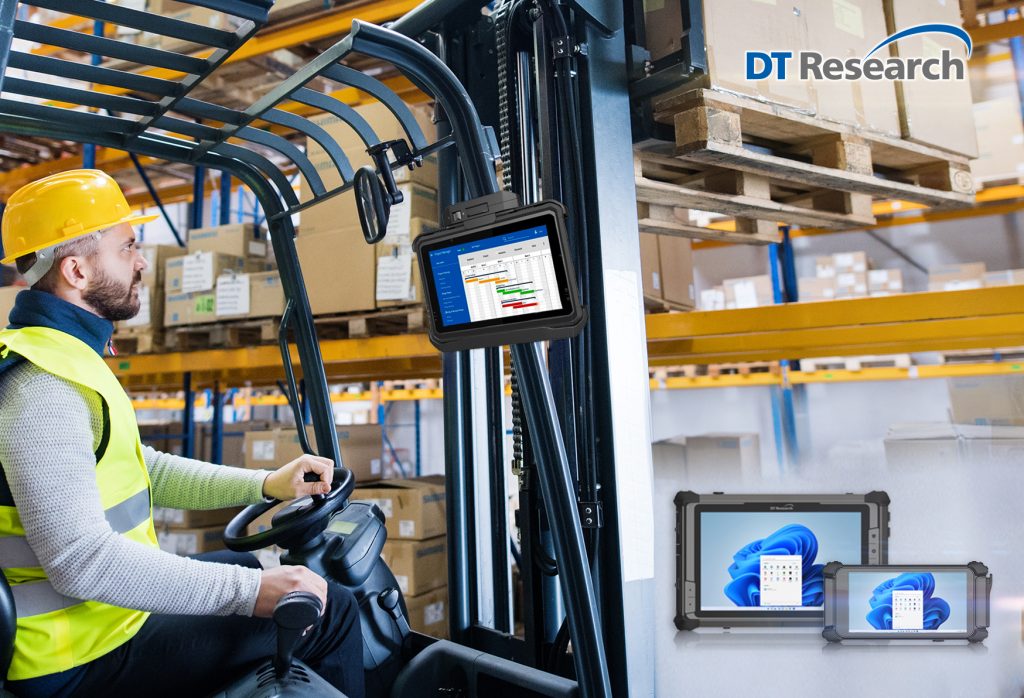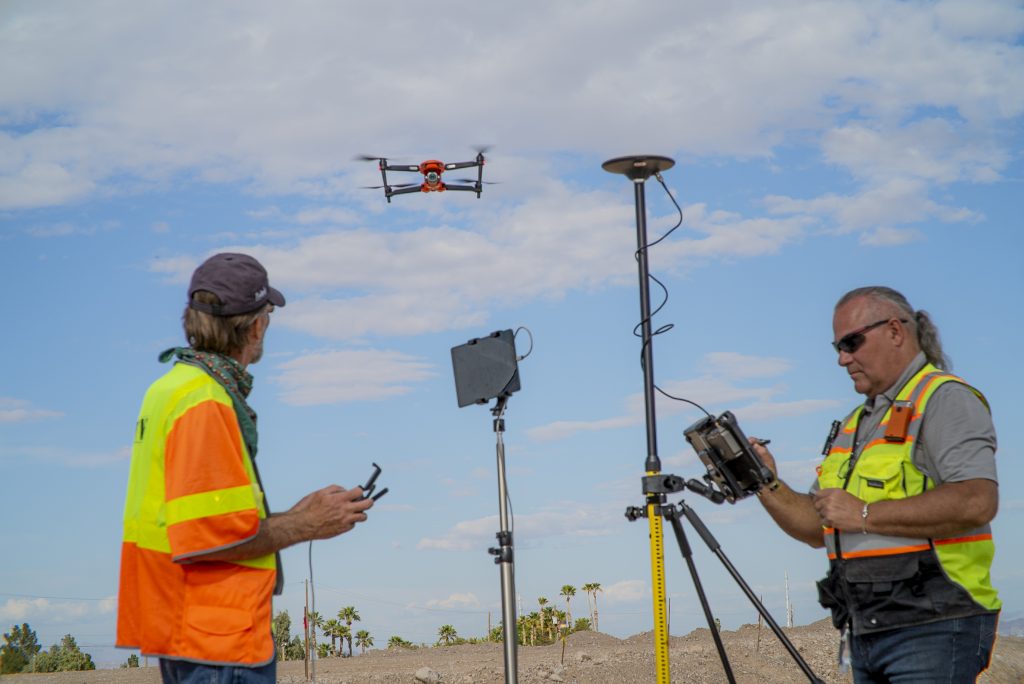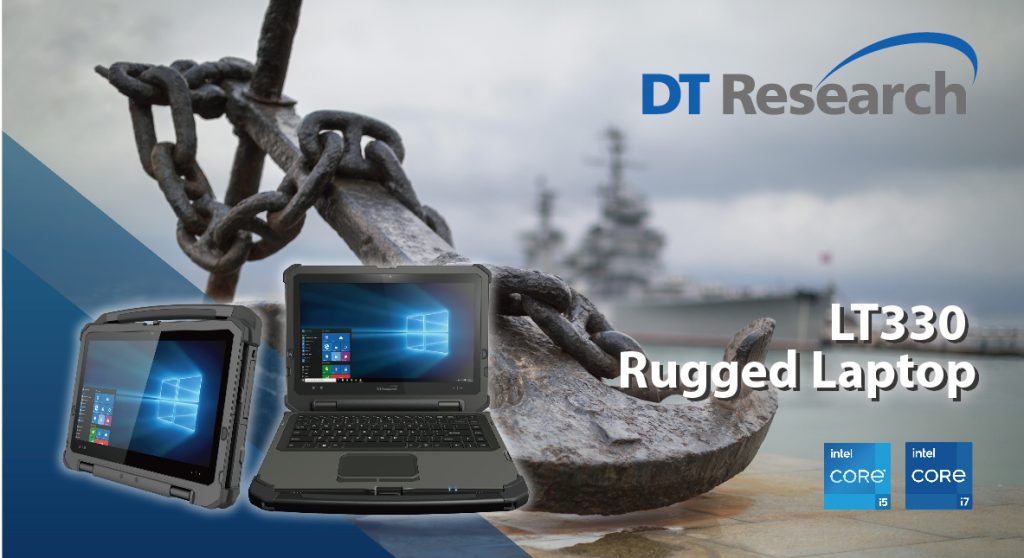
For the manufacturing and logistics industry, time isn’t just money, it’s the difference between a satisfied customer and a lost contract. For decades, the industry standard was the manual barcode scan. It worked, but it was slow, required a direct line of sight, and was prone to the inevitable “human factor” of missed items.
Continue reading “More Than Just a Scan: How Rugged Tablets with UHF RFID are Revolutionizing the Supply Chain”




